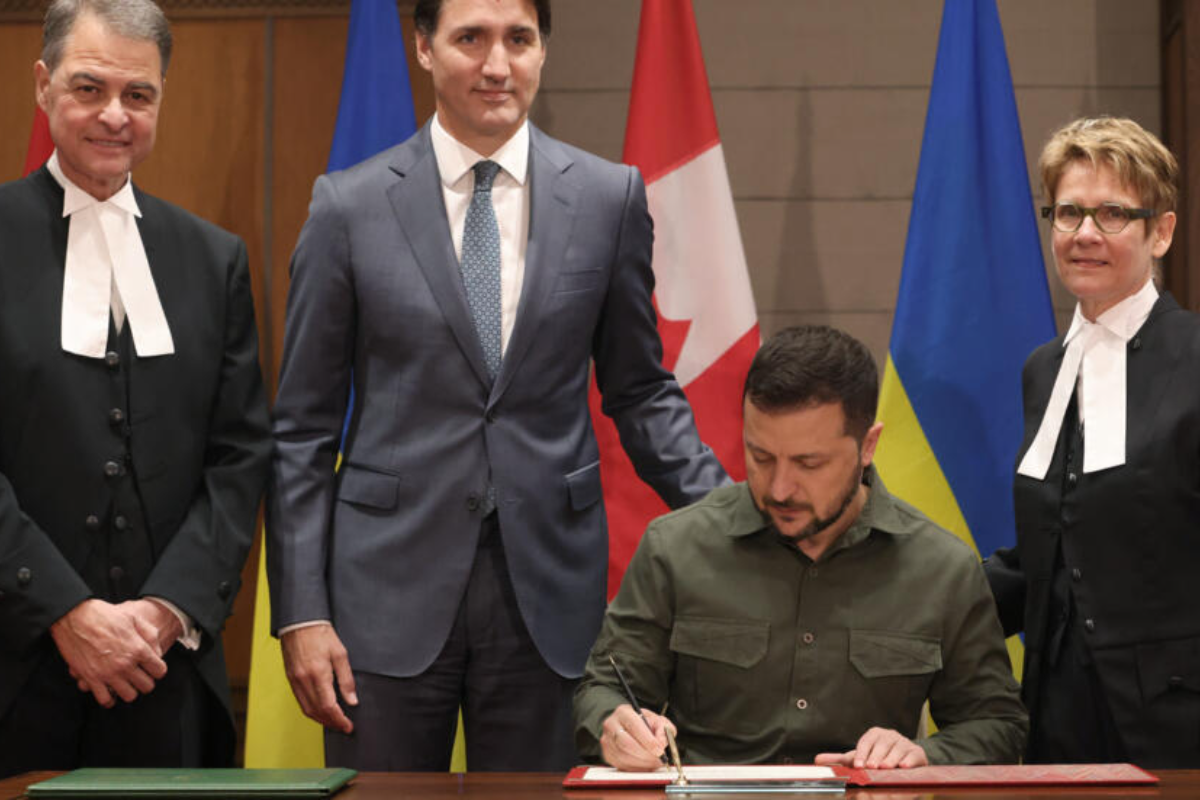NEW DELHI: A 98-year-old Ukrainian immigrant, Yaroslav Hunka, who fought for the Nazis during the second World War, was recognized as a war hero in the Canadian House of Commons during a visit by Ukrainian President Volodymyr Zelensky.
Hunka served in the 14th Waffen-SS Grenadier Division, also known as the Galicia Division, which was a voluntary unit primarily composed of ethnic Ukrainians under Nazi command. This unit has been found guilty of killing Polish and Jewish civilians.
The recognition of Hunka, delivered by the Speaker of Canada’s Parliament, Anthony Rota, has ignited a debate and led to a series of apologies and demands for accountability within Canada’s political landscape.
Speaker Rota publicly apologized for recognizing Hunka as a “Ukrainian hero” and expressed deep regret for his decision, which he described as entirely his own initiative. He extended his apologies to Jewish communities in Canada and worldwide, acknowledging full responsibility for his actions.
READ MORE: ‘Create Khalistan within Canada’: Hindu group to Trudeau
Opposition leader Pierre Poilievre criticized Prime Minister Justin Trudeau, stating, “Mr. Trudeau must personally apologize and avoid passing the blame to others as he always does.” Poilievre’s demand for accountability stems from the belief that Trudeau’s office should have been responsible for vetting and arranging state visit programs.
The incident has raised questions about the need for thorough vetting of individuals recognized in the Canadian Parliament and has garnered significant attention from Jewish advocacy groups and Holocaust survivors. The Friends of Simon Wiesenthal Center for Holocaust Studies labeled the incident as “shocking” and “incredibly disturbing” and called for an explanation of how Hunka was granted recognition.
The controversy has also drawn attention to the historical revisionism that has been taking place in Ukraine in recent years, which has sought to glorify the role of Ukrainian collaborators with the Nazis during World War II.









